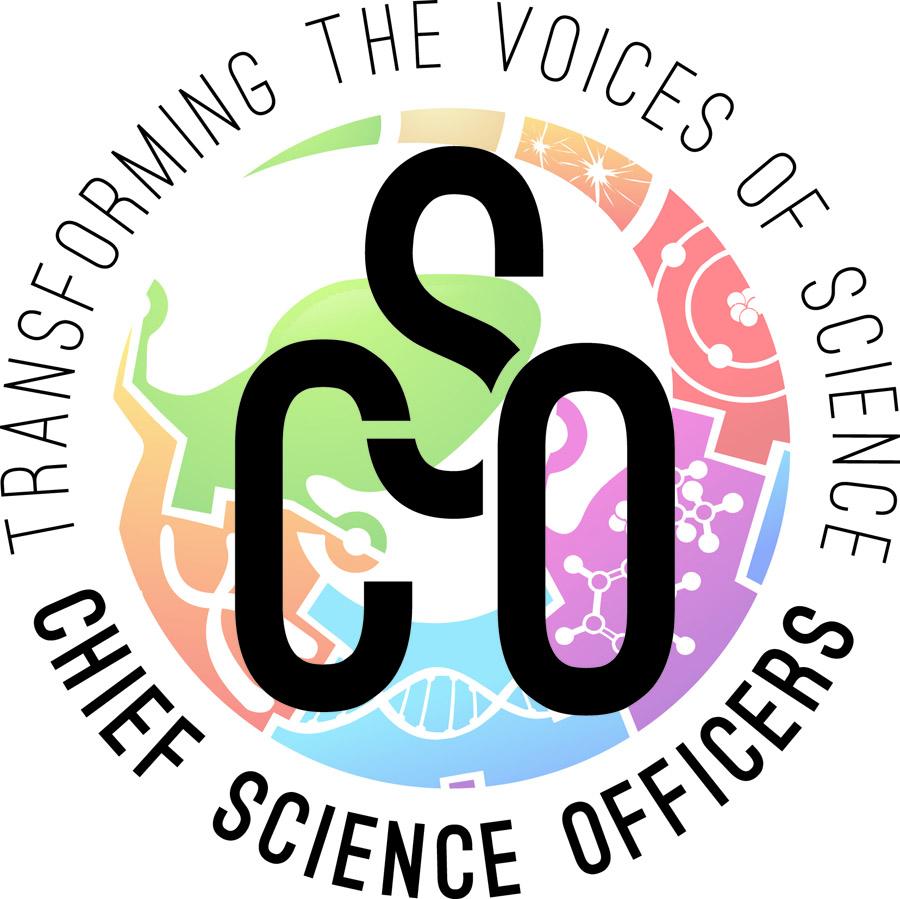Promoting Robotic Design and Entrepreneurship Experiences among Students and Teachers
The project will develop, implement, and assess an initiative to promote robotic design and entrepreneurship experiences among students and teachers. Each year, 16 teachers and 32 students from 8 high schools located in all 5 boroughs of New York will attend a 4-week summer institute consisting of a 2-week guided training and a 2-week collaborative robotic-product development. The participants will come primarily from schools in underserved neighborhoods with socially, economically, racially, and ethnically diverse student bodies; approximately half of the participants will be female.
